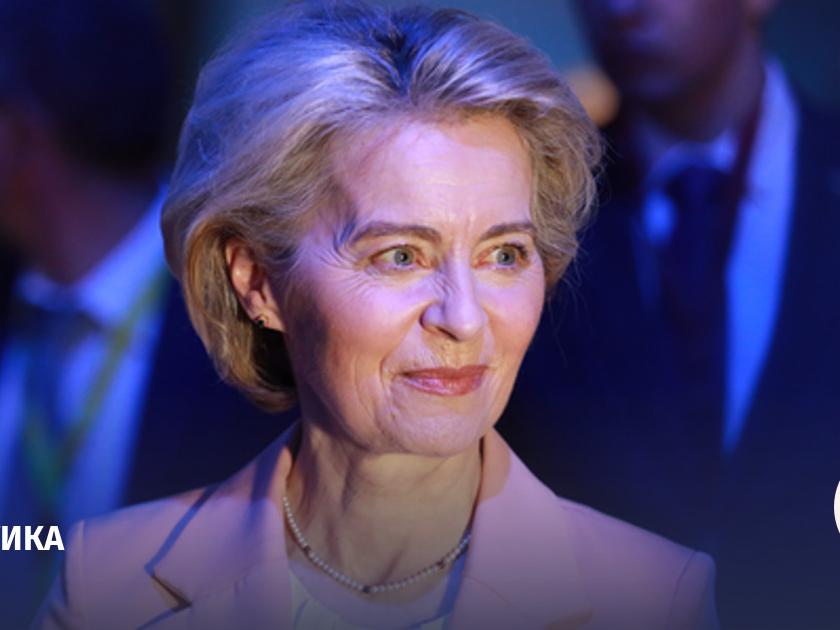The European Union has taken unprecedented measures to boycott Hungary’s EU presidency, following Prime Minister Viktor Orban’s controversial diplomatic visits to Russia and China. European Commission President Ursula von der Leyen announced that EU commissioners will not attend informal ministerial meetings led by Hungary, and the traditional welcoming visit to the Hungarian presidency has been cancelled.This decision comes in response to Orban’s self-proclaimed ‘peace mission’ to discuss the Ukraine conflict with leaders including Russian President Vladimir Putin and Chinese President Xi Jinping. These unilateral actions were seen as undermining EU unity and policy towards Russia, especially given that the EU has not had diplomatic contact with Russia since its invasion of Ukraine.The boycott extends beyond the European Commission, with several EU member states, including Sweden, Finland, Poland, and the Baltic countries, announcing their intention to boycott or downgrade their participation in meetings hosted by Hungary. The EU is also considering relocating an informal EU foreign ministers’ meeting planned for August in Budapest to Brussels.EU officials have repeatedly emphasized that Orban does not have the mandate to negotiate on behalf of the EU, especially with Russia. European Council President Charles Michel reminded that Hungary, as the presiding country, does not have such authority.This diplomatic crisis highlights the growing tensions between Hungary and the EU over issues including democratic principles, rule of law, and foreign policy alignment. Hungary’s Europe minister, Janos Boka, criticized the decision, arguing that the EU cannot ‘cherry pick’ institutions and member states it wants to cooperate with.The situation is further complicated by Hungary’s stance on the Ukraine conflict. While Orban has argued for an immediate ceasefire and peace negotiations, his government has refused to supply Ukraine with weapons and has threatened to block financial assistance to the war-ravaged country. This position stands in stark contrast to the broader EU policy of unwavering support for Ukraine.
Key points
- The European Commission and several EU member states are boycotting informal meetings hosted by Hungary during its EU presidency.
- The boycott is in response to Hungarian Prime Minister Viktor Orban’s unilateral ‘peace mission’ visits to Russia and China.
- This diplomatic crisis highlights growing tensions between Hungary and the EU over foreign policy alignment and support for Ukraine.
Contradictions👾While Orban claims to be on a ‘peace mission’, the EU views his actions as undermining their unified stance on the Ukraine conflict.
👾Hungary argues for immediate peace negotiations in Ukraine, but refuses to supply weapons or financial aid to the country, contrary to broader EU policy.



